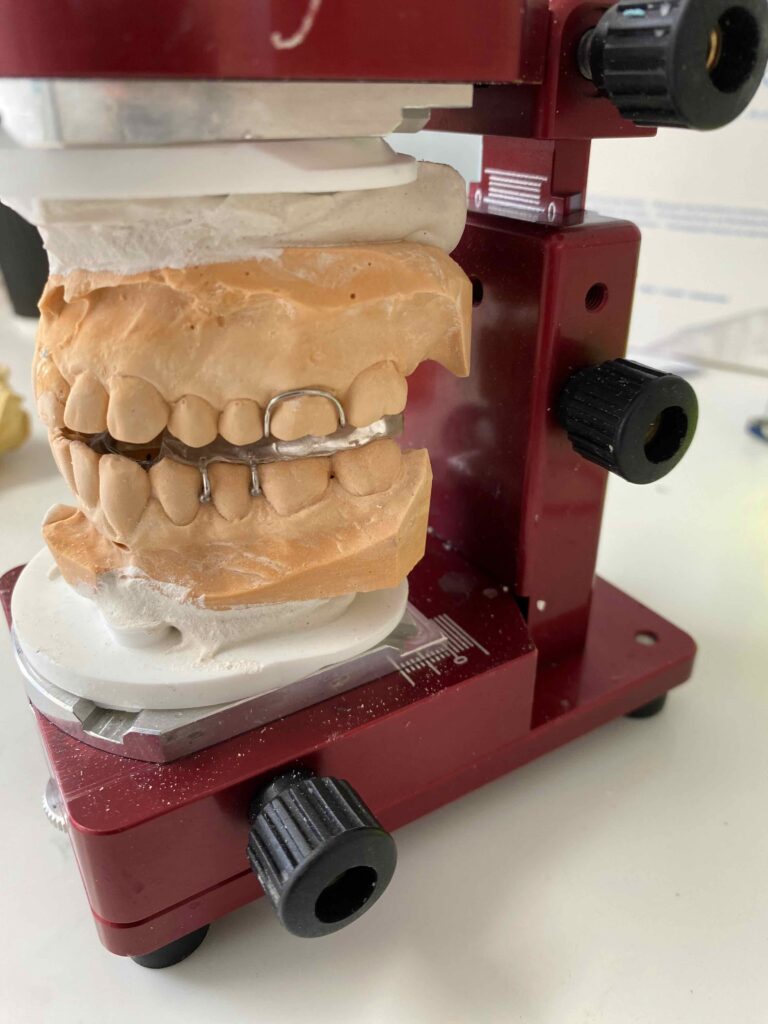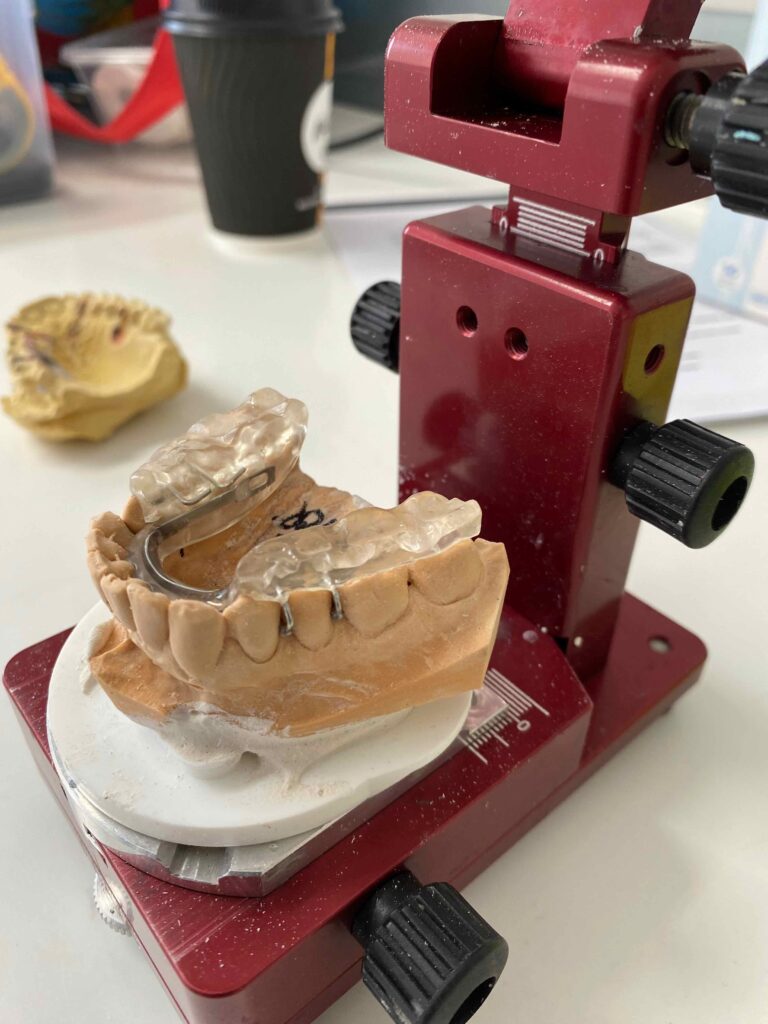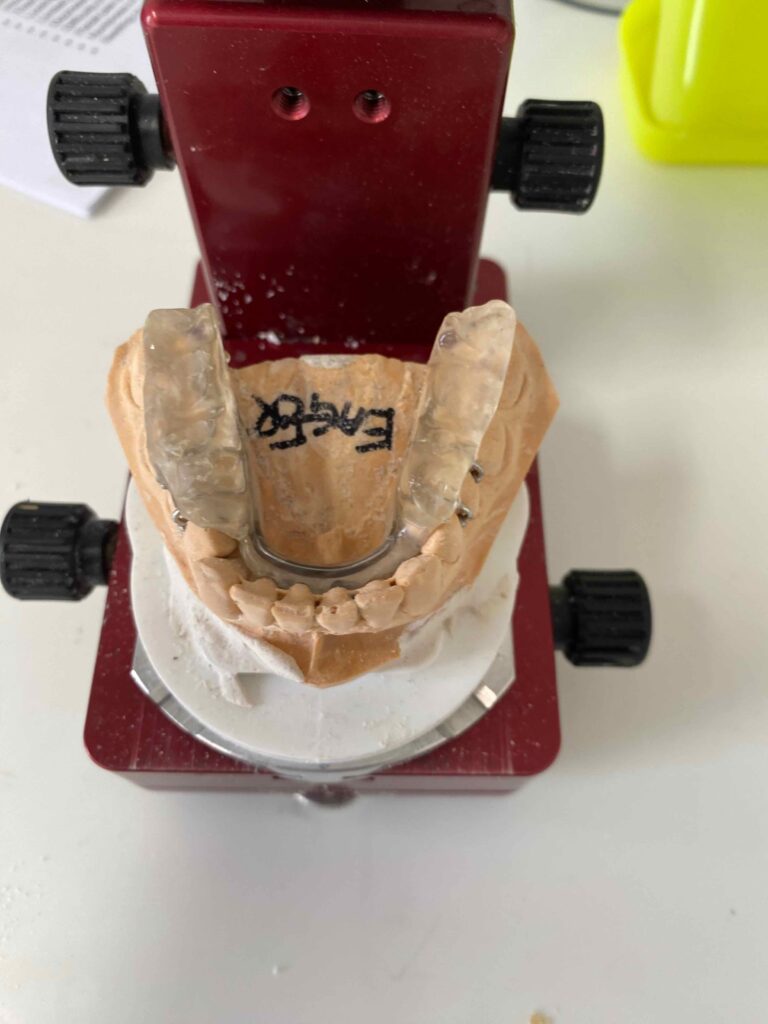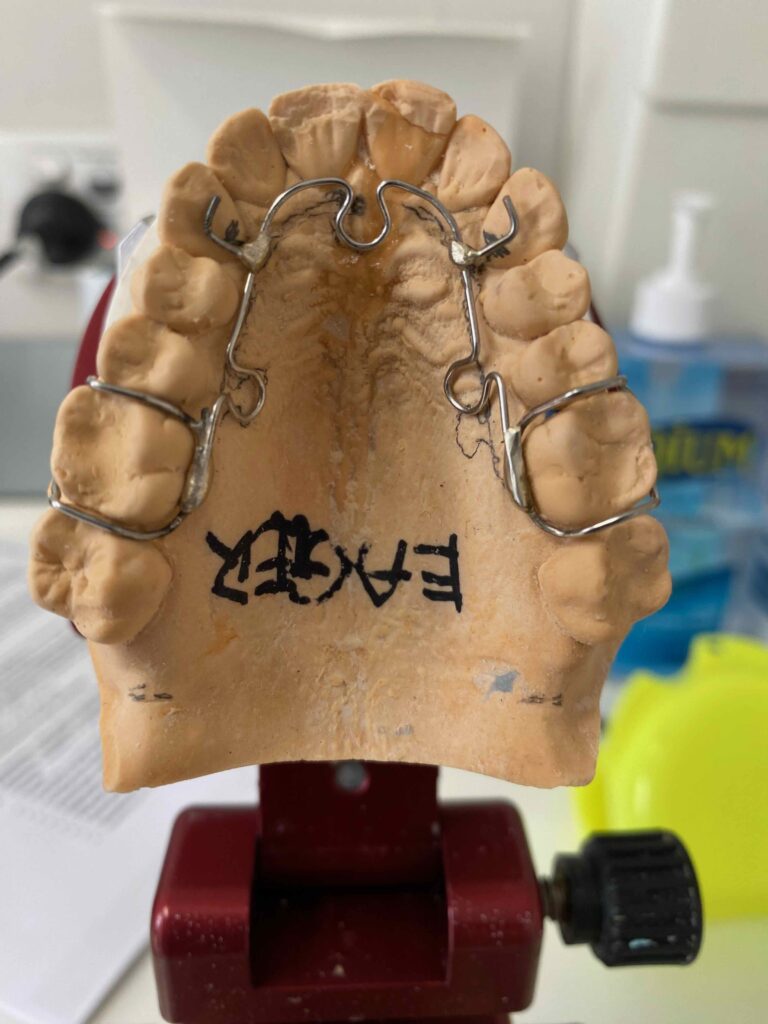Temporo-mandibular Joint Dysfunction (TMD)
Do you know that headache, neck pain, shoulder pain, arm numbness, back pain could be related to your jaw dysfunction?
We approach TMD patients by examining and diagnosing the cause of pain and applying appropriate management to relieve symptoms. This treatment may include (but not be limited to), physical therapy, myofascial trigger points, TMJ mobilisation, postural correction combined with specific jaw exercises. This approach is often successful in alleviating the problem quickly and inexpensively.
Some patients however, may have significant jaw damage and may require the services of an appropriately experienced and qualified Dentist specialising in jaw. Dental treatment can often require the prescription of a removable appliance worn temporarily inside the mouth to change jaw joint position and the way the teeth come together.
If this is successful, then possibly no more treatment is required but in some cases the dental bite needs to be permanently changed to gain lasting relief from jaw symptoms. In this case orthodontic type treatment can be the answer.
There are two types of TMD:

Extra-Capsular (outside the joint) Dysfunction

Intra-Capsular (within the joint) Dysfunction
TMD, Posture & Pain
Postural change can result from a descending problem (head downwards) or an ascending problem (foot upwards).
When the upper jaw is not leveled or the lower jaw is backwards relative to
the upper jaw. The following changes with associated symptoms and signs
as below:
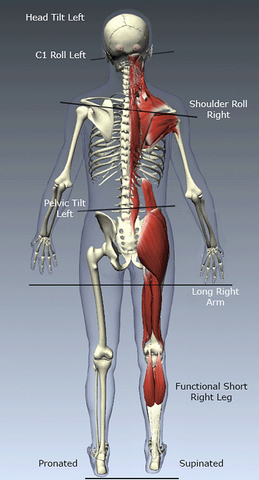
Head, Neck, Shoulder, Hip, Leg Pain
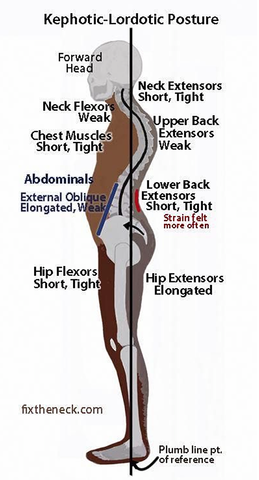
Scoliosis, Poor Posture
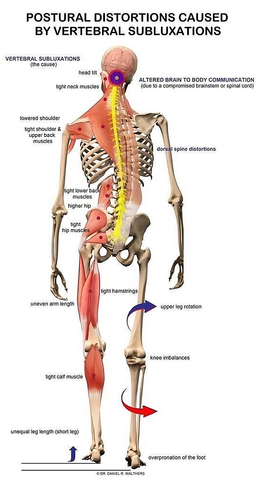
Postural Distortions & Scoliosis
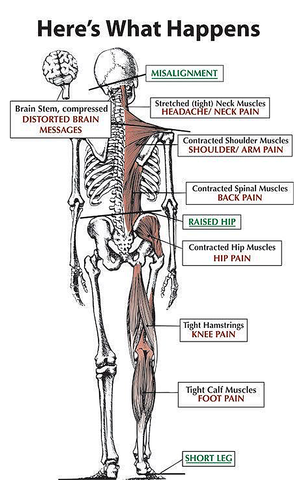
Headache, Shoulder, Back, Hip, Knee, Foot Pain
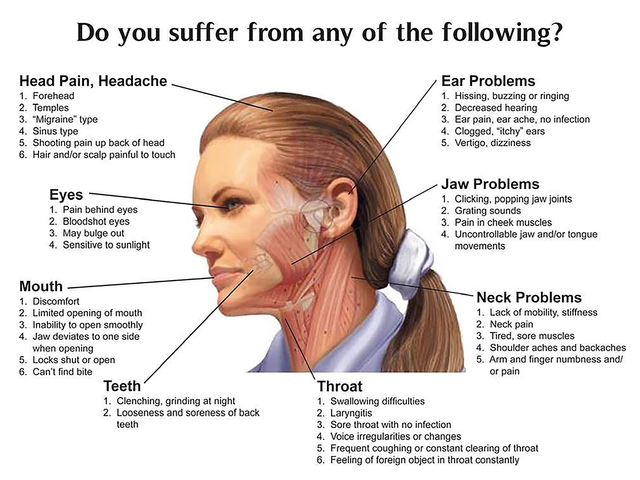
TMD & Teeth Grinding
Teeth grinding is the involuntary clenching, grinding and gnashing of the teeth. This generally occurs while the person is asleep, but is also known to happen whilst awake. Grinding of teeth can be a physical expression of stress.
Symptoms include:
- Headaches or pain in the jaw
- Grinding sounds while the person is sleeping
- Aching and stiffness in the jaw area
- Habitual clenching of the jaw
- Chipped teeth
- Cheek biting or teeth marks on the tongue
- Sensitive teeth
Left untreated, grinding can lead to broken teeth and cause TMD.

TMD & Snoring
Snoring is defined as a partial blockage of the airway, and can have serious health risks as well as social implications between partners. When snoring lasts 10 seconds or more, this can lead to Obstructive Sleep Hypopnea. In more serious cases, there may be a complete blockage of the airway (Obstructive Sleep Apnea). Both of these conditions may lead to a decrease in oxygen and an increase in carbon dioxide in the blood, causing the heart rate and breathing rate to increase. It may also cause frequent wake-ups, affecting the quality of sleep.
The consequences of this condition may cause:
- Increase of blood pressure
- Increased risk of heart attack
- Increased risk of stroke
- Increased obesity
- Increased insulin resistance
- Increased risk of motor vehicle accidents
- Accidents at work
- Poor memory and concentration
- Depression
- Decreased quality of life
- Reduced sex drive
- Compromised immune system

TMD Treatment
by Functional Dentist

Extra-Capsular (outside the joint) Dysfunction
